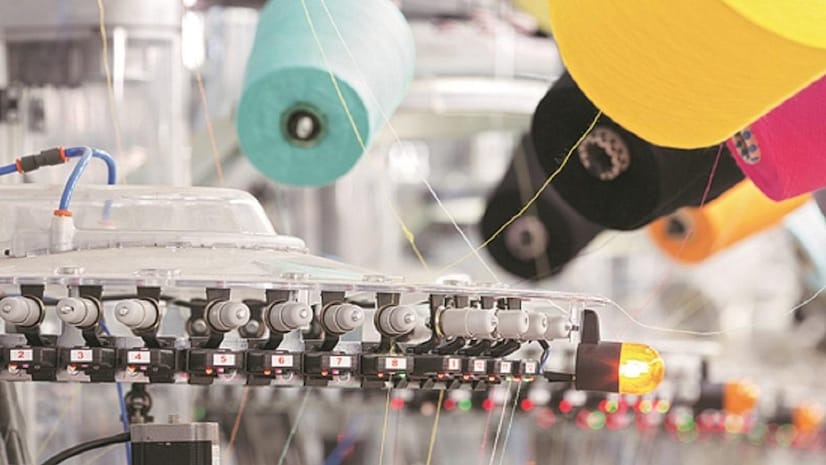
Category: General
Country: India
Region: Asia
The cotton prices are likely to remain stable as cotton consumption continues to be lower than production, supporting the cost competitiveness of the cotton textile value chain.
By CRISIL Research
Last Updated : Mar 27 2024 | 11:10 PM IST
2 min read
The textiles industry is expected see a rebound in revenues in the next financial year after being hit by volatile cotton prices and muted export demand in the previous two financial years. The industry is set to close this financial year with lower revenue as the nearly 25 per cent correction in the cotton prices and subdued readymade garment exports tone down realisations. Exports, which usually account for a fourth of the overall market, are currently impacted by slowdown in key markets, although domestic demand continues to grow at a steady rate. That is of concern for small and medium enterprises (SMEs), which make up close to 75 per cent of the textile value chain. In the next financial year, the growth is expected to revive on the back of continued domestic demand, stability in cotton prices and export recovery.
The cotton prices are likely to remain stable as cotton consumption continues to be lower than production, supporting the cost competitiveness of the cotton textile value chain. The volume growth for cotton spinners is likely to normalise after an 80-85 per cent growth this year on a low base. For RMG players, volumes are expected to inch up in line with a gradual improvement in major export destinations such as the US, EU, and UK.
The key export-oriented RMG clusters such as Tirupur, Bengaluru and Mumbai are expected to witness a slower revenue growth of 6-7 per cent in the next financial year. Clusters such as Kolkata, Kanchipuram and Ludhiana have a higher dependence on the domestic market and are, therefore, likely to outperform the export-centric clusters.
After a contraction in the current financial year, the profitability of players is expected to improve because of stable cotton prices and lower inventory losses. Over the medium term, the free trade agreements with the UK and the setting up of textile parks under the PM MITRA scheme will help improve India’s competitiveness in the RMG space. This will be complemented by the Production Linked Incentive scheme, which will give a boost to domestic manufacturing.

Courtesy: Business-standard.com
Copyrights © 2026 GLOBAL TEXTILE SOURCE. All rights reserved.